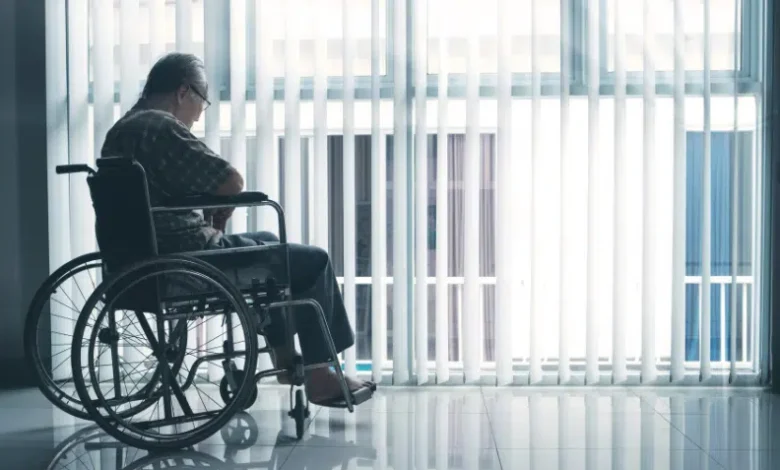New Brookings Whitepaper Examines Health Care Landscape for Older Adults

A recent whitepaper from the Brookings Centre on Health Policy identifies opportunities to enhance the provision of mental health treatment for older persons by utilising a variety of data sources. The following observations are the main focus of the analysis:
Among older persons, there are differences in the rates of mental illness, substance use disorder (SUD), and suicide. The authors discovered notable differences in the frequency of suicide and mental illness: Both mental illness and drug use disorder were more common in older persons who were Black and from lower-income families; women were more likely to experience mental illness than males were. Men committed suicide at much higher rates than women did across all age groups.
The experience of ageing is influenced by mental health, functional impairment, and economic hardship taken together. They also found connections between poor mental health, financial instability, functional disability, and social isolation. For instance, loneliness, living alone, and having less social networks were among the characteristics of older persons experiencing symptoms of depression, and functional limitations was associated with a higher likelihood of both depression and alcohol use disorder symptoms. In a similar vein, depression rates increased in tandem with functional impairment, and the lowest-income group saw the highest rates of depression symptoms.
While care contexts differ, telehealth is still widely used. The authors noted that depending on the type and degree of mental illness, outpatient care venues often vary. For instance, older adults without a diagnosis of mental disease or with depression saw private therapists more frequently than those with severe illnesses, who were more likely to visit mental health clinics; individuals with SUD, on the other hand, were more likely to seek therapy at rehab centres and self-help groups. Notwithstanding these variations, telemedicine services—regardless of diagnosis—were the most popular.
Access to mental health services is still hampered for older persons. Crucially, the results indicate that a large number of older persons with mental illness may not be receiving any therapy at all; underinsurance, cost, and stigma are among the barriers that the authors credit for this. The authors concluded, in particular, that a large number of Medicare beneficiaries with mental health requirements probably face financial difficulties as a result of treatment expenses and Medicare’s insufficient coverage. Additionally, it states that “treatment discouragement is likely to result from stigma and misconceptions about mental health, as evidenced by lower treatment rates among those with a diagnosed condition compared to the under 65-year-old population.”
Medicare Rights concurs that in order to enhance behavioural health services for senior citizens, modifications are required. To guarantee that all beneficiaries have meaningful and timely access to care, these measures include tightening Medicare coverage regulations, increasing program and provider accountability, simplifying the application process for low-income assistance, and integrating financial and consumer protections throughout the entire program.




